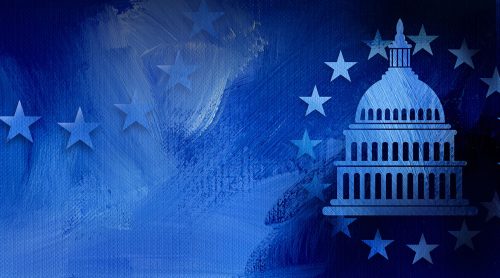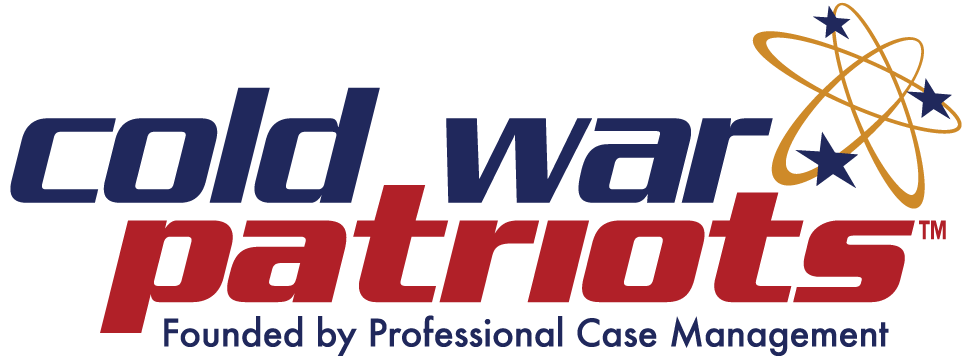
Industry News | CWP
DEEOIC Provides Hints on Medical Billing and Reimbursement
July 9, 2021
July 9, 2021
CWP
Industry News
The Division of Energy Employees Occupational Illness Compensation (DEEOIC) held another informative webinar on June 30. 2021 discussing medical billing and reimbursements. Over 200 people attended the webinar, including medical providers.
The presenters, Doug Pennington, Deputy Director for DEEOIC, and Lance Lanier, Chief, Branch of Medical Benefits, not only provided a comprehensive overview of this process but also shared tips on how to avoid some denials. Here are a few tips they provided to the audience.
- Uploading reimbursement forms and receipts to the Energy Document Portal or sending the packet by mail to DEEOIC’s general post office box will delay processing. The reason for this is that the claims examiner or the person at the general post office needs to print out the packet and then mail it to the medical benefits post office box, U.S. Department of Labor, P.O. Box 8304, London, KY 40742-8304. DEEOIC Resource Centers are also happy to mail the reimbursement packets for you.
- Providers should not use general ICD-10 codes when submitting bills. Bills submitted with the general ICD-10 codes will be automatically denied. Providers should strive to use the most accurate ICD-10 code.
- DEEOIC will pay for reasonable home and car modifications if it will likely give relief to the worker. For instance, if DEEOIC, after reviewing the file and physician’s explanation, determines that the worker needs a walk-in bathtub they will pay for the installation of the tub. However, they will not pay for fancy tile work.
- Durable medical equipment such as air concentrators often require supplies like hoses. DEEIOC pays for supplies but suggests that the claimant work with the provided to determine if all the supplies are wanted by the claimant and whether the number of supplies being provided are a reasonable amount for the claimant to have.
- Medical services for a covered disease – doctor’s visits (even to specialists), diagnostic testing, testing, and even surgery – do not need prior authorization. If a medical provider has doubts, they can check eligibility through the Employees’ Compensation Operations & Management Portal (ECOMP).
- DEEOIC addressed the issue with skin cancer. Even if they had approved a skin cancer in the past, each time one arises a new claim must be filed. Because the statute allows DEEOIC to provide “…assistance in securing medical testing and diagnostic services necessary to establish the existence of a covered beryllium illness, chronic silicosis, or cancer”, DEEOIC will pay for skin biopsies. However, they will not pay for surgery or other treatment until the cancer for that specific site is approved. They recommended that you keep the receipts for any out-of-pocket expenses and submit them after approval.
- DEEOIC acknowledged that some providers are reluctant to enroll in the program. DEEOIC pays between 10 and 33% more that Medicare and encouraged covered claimants to let their providers know. They also said that the Resource Centers are happy to help explain the program to the provider.
- Speaking of Medicare, the Department of Labor, by law, is solely responsible for paying medical bills associated with a covered condition. If Medicare or private insurance is billed instead, that will cause problems down the road. Medicare will want their money back once they find out. Providers and/or claimants may run into legal difficulties if Medicare has been billed and not DEEOIC.
DEEOIC did not address issues with specific claims. They recommended that they work with their medical benefits claims examiner and the bill payor contractor, CNSI.
